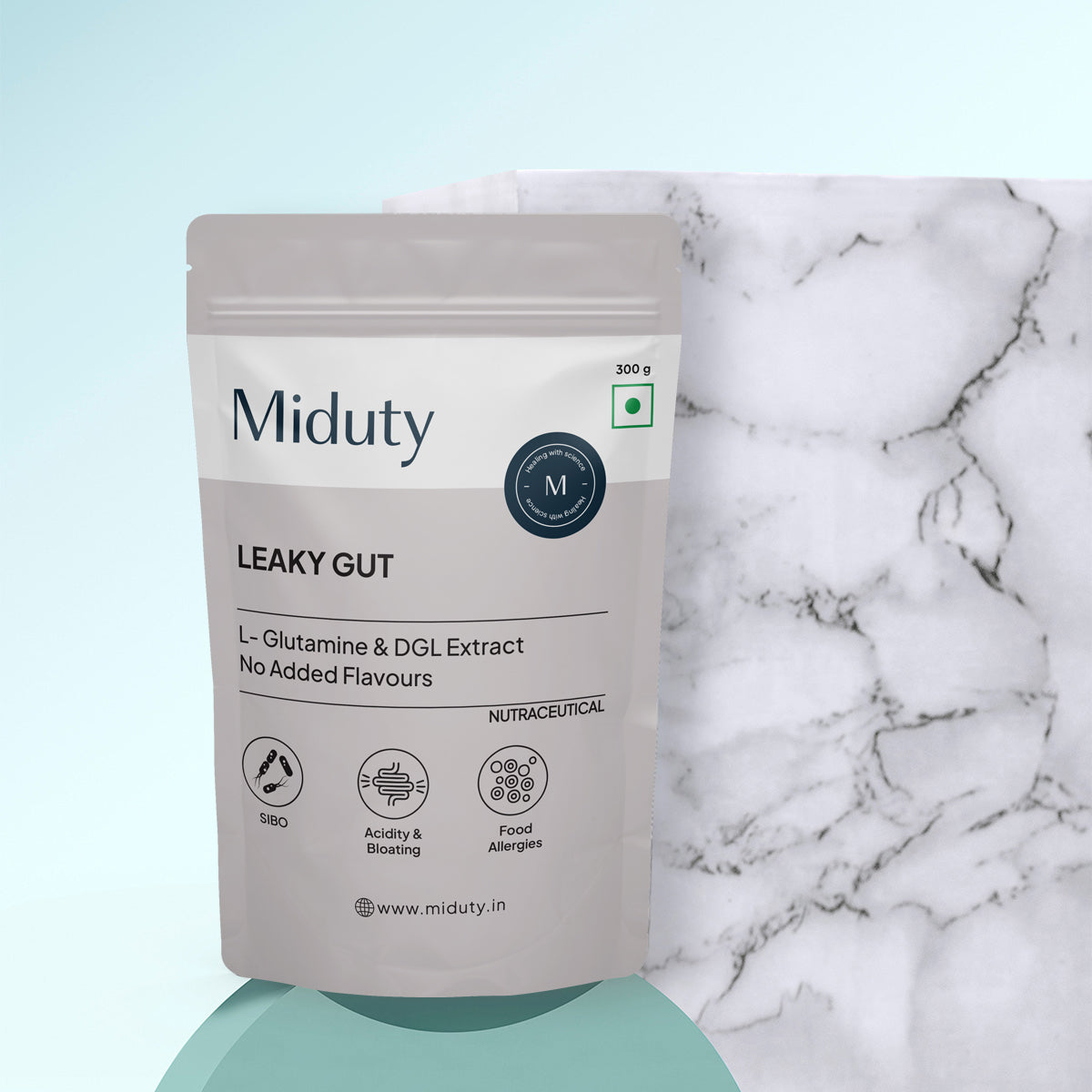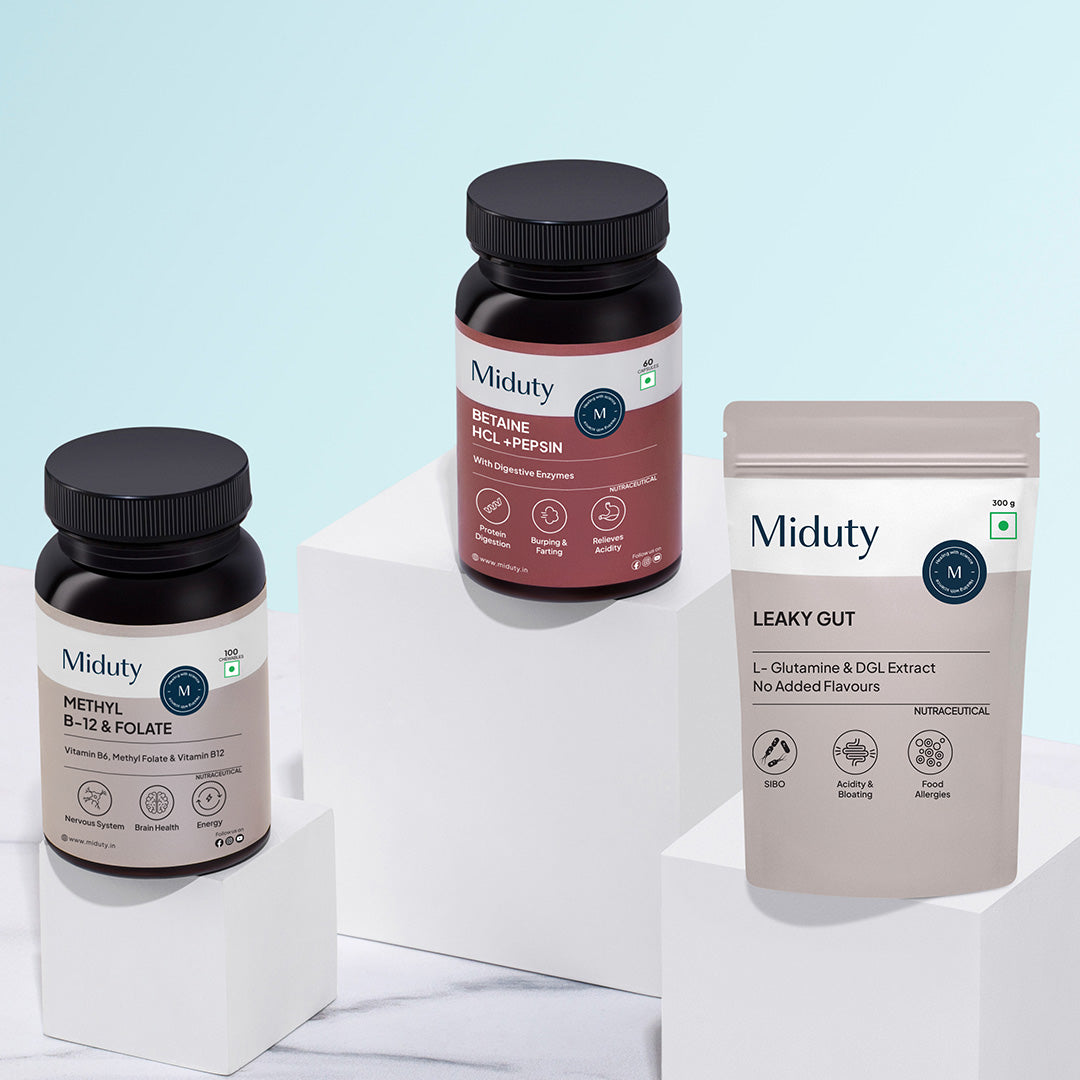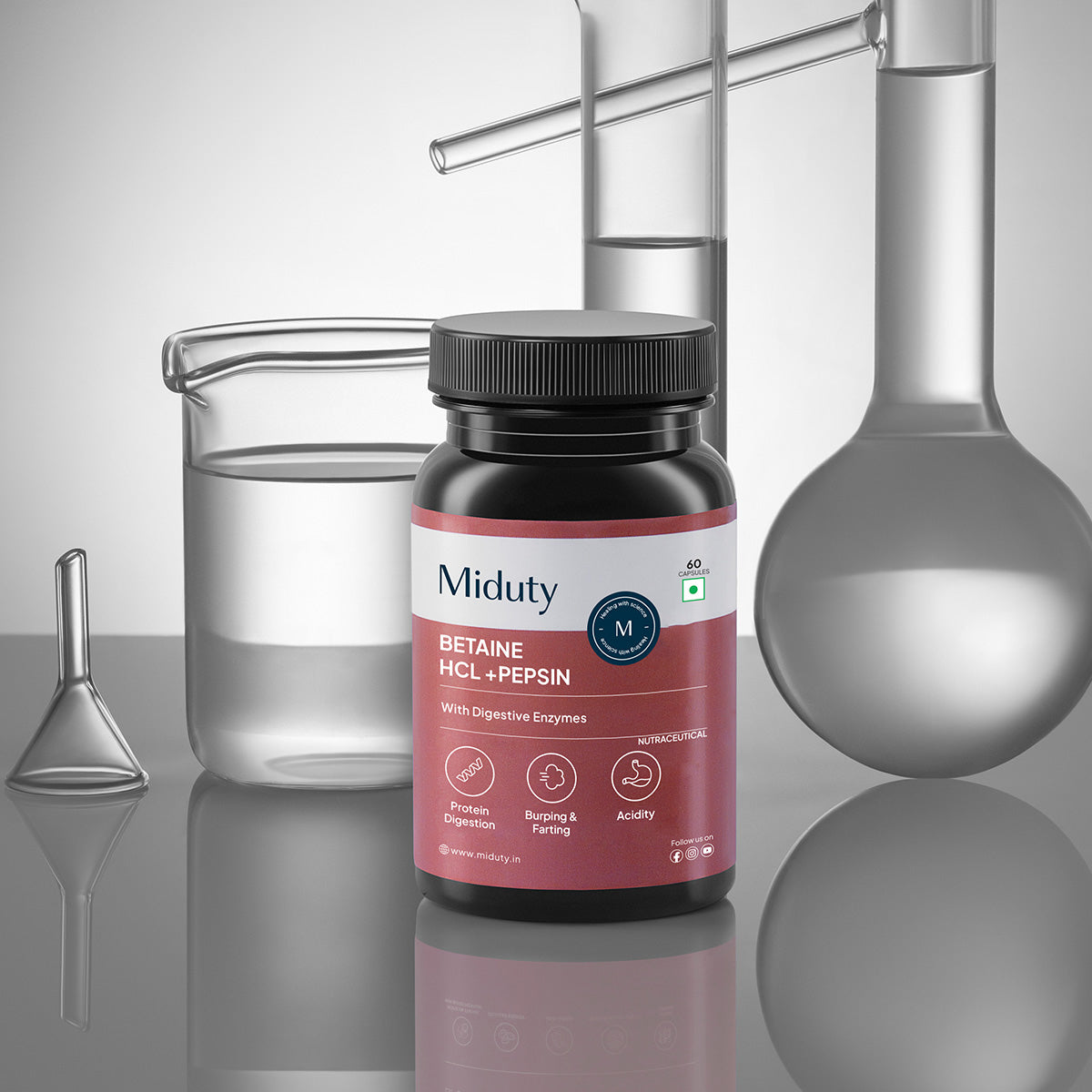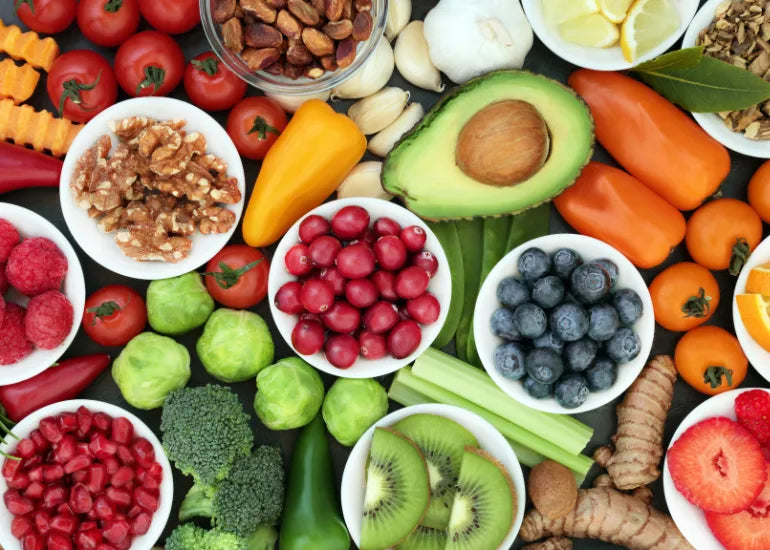
How to Stop or Reduce Farting with Natural and Effective Solutions?
Key Takeaways
1. Dietary changes are one of the most effective ways to stop or reduce farting.
2. Gut health plays a crucial role in minimizing flatulence, with probiotics and prebiotics offering significant benefits.
3. Natural remedies like ginger, peppermint, and fennel can provide fast relief from gas and bloating.
4. Lifestyle adjustments such as staying active and mindful eating can prevent excessive gas buildup.
5. Medical treatment may be necessary in cases where flatulence is linked to underlying health conditions like IBS or food intolerances.
Flatulence is a completely natural and normal part of the digestive process. It occurs when the body breaks down food, and gas is produced as a byproduct. However, when flatulence becomes excessive, it can lead to discomfort, bloating, and unwanted embarrassment, especially in social settings. Many individuals find themselves asking, "How do I stop farting?" or "How can I reduce flatulence naturally?"
While occasional gas is expected, chronic or severe flatulence can disrupt your daily life. The good news is that there are several effective, natural methods to manage and reduce flatulence without relying on medication. In this blog, we'll explore practical ways to stop farting and decrease bloating through simple dietary and lifestyle changes. We'll also dive into natural remedies for flatulence, provide useful home treatments, and discuss when it might be time to consult a healthcare professional if your gas issues persist or worsen.
By making small adjustments to your eating habits, incorporating certain foods, and being mindful of your digestive health, you can significantly reduce the frequency and intensity of flatulence. Let's start by understanding the root causes of excessive gas and the steps you can take to regain control over your digestive system. [1]
Are Farts Good or Bad for Your Health?
Farting is a completely natural process that occurs as your body breaks down food, but is it good or bad for your health? In moderation, farts are a sign of a healthy digestive system.They occur when gases are produced during digestion, especially from the breakdown of foods like fiber. Passing gas indicates that your gut is working and processing food as it should.
However, excessive or particularly foul-smelling gas may be a sign of digestive issues or food intolerances. Conditions like irritable bowel syndrome (IBS) or lactose intolerance can lead to more frequent or painful gas. So, while farting itself is normal and even beneficial in small amounts, an increase in frequency, discomfort, or strong odors could indicate an underlying health issue that may require attention. If you experience other symptoms like bloating or pain, it's best to consult a healthcare provider for guidance.
Effective Solutions to Reduce Farting Naturally
1. Adjust Your Diet

Dietary adjustments are one of the quickest ways to reduce farting. Certain foods cause more gas than others, and understanding which ones to avoid can help minimize flatulence.
Foods That Cause Flatulence:
- Beans and Lentils: These contain oligosaccharides, complex sugars that are hard to digest, leading to gas.
- Cruciferous Vegetables: Vegetables like broccoli, cabbage, and Brussels sprouts are known to cause gas due to their sulphur content.
- Fruits High in Fructose: Apples, pears, and other fruits high in fructose can be harder to digest, leading to increased gas.
- Whole Grains: Rich in fibre whole grains like wheat and oats can cause flatulence when consumed in large quantities.
How to Stop Farting Through Diet?
- Eat Smaller, Frequent Meals: Large meals can overwhelm the digestive system, leading to more gas production.
- Avoid Carbonated Drinks: Fizzy drinks trap air in your digestive system, contributing to bloating and flatulence.
- Experiment with Herbal Teas: Replacing beverages like soda with herbal teas, such as ginger or peppermint tea, can improve digestion and reduce gas. [2]
2. Improve Gut Health
A balanced gut microbiome is essential for reducing gas production. By focusing on gut health, you can help reduce farting and improve overall digestion.
Probiotics for Flatulence Treatment: Probiotics introduce beneficial bacteria that aid digestion. Studies have shown that probiotics can significantly reduce bloating and flatulence in individuals with digestive issues rich foods: Sauerkraut, kimchi, and fermented vegetables are great for promoting good gut bacteria. [3]
Prebiotics for Digestive Support: Prebiotics, found in foods like garlic, onions, and asparagus, feed the healthy bacteria in your gut, improving digestion and reducing gas production.
Balance Fibre Intake: While fiber is vital for digestive health, too much fiber at once can lead to excessive gas. Start with moderate portions and gradually increase your intake, allowing your digestive system to adapt.
3. Lifestyle Changes for Long-Term Results
Lifestyle changes can make a big difference in reducing flatulence over the long term. Here are some easy practices that can help:
Chew Your Food Slowly: Eating too quickly can cause you to swallow air, leading to gas buildup. Take your time to chew food thoroughly and avoid gulping down meals.
Stay Hydrated: Drinking enough water aids digestion and helps prevent constipation, which can contribute to flatulence. Aim for at least 8 glasses of water a day.
Avoid Artificial Sweeteners: Artificial sweeteners like sorbitol and mannitol, often found in sugar-free products, can be difficult to digest, leading to excessive gas.
4. Stay Active

Physical activity plays a major role in reducing gas buildup in the digestive system. Regular movement helps promote digestion and prevent trapped gas.
- Walk after Meals: A short walk (10-15 minutes) after eating can aid digestion and reduce the chances of gas forming.
- Yoga for Digestion: Specific yoga poses, like the child pose, happy baby, pose, and wind-relieving pose (Pawanmuktasana), can help release trapped gas and ease bloating.
- Regular Exercise: Engaging in regular aerobic activity supports digestion and reduces the likelihood of excessive farting over time.
5. Medication
In cases where flatulence is linked to a medical condition, such as irritable bowel syndrome (IBS) or food intolerance, it's important to consult a healthcare professional.
A doctor may recommend:
- Digestive enzyme supplements: These supplements help break down food and can reduce gas production.
- Low FODMAP diet: This diet, designed for those with IBS, eliminates foods that ferment in the intestines, reducing gas and bloating. [4]
Farting and indigestion are often linked, as improper digestion can lead to excess gas in the digestive system. When food isn't broken down properly, it can ferment in the gut, producing gas. Betaine pepsin, a supplement that combines betaine and the enzyme pepsin, can help improve digestion by enhancing stomach acid production, which aids in protein breakdown. This can lead to better digestion, reducing the chances of bloating and excess gas, potentially minimizing discomfort related to indigestion and farting.
6. Natural Remedies and Supplements
If you're wondering how to get rid of flatulence naturally, several home remedies and natural supplements have been shown to be effective in reducing bloating and gas.
Ginger: Ginger is a well-known remedy for digestive discomfort. Its active compounds, gingerols, help speed up the digestive process, reducing gas production. Drinking ginger and summing fresh ginger after meals can minimize bloating.
Peppermint: Peppermint is widely used to relieve gas and bloating by relaxing the muscles in your digestive tract. Drinking peppermint tea s is a great way to ease digestion.
Fennel Seeds: Fennel seeds contain compounds that aid digestion and reduce bloating. Chewing fennel seeds or drinking fennel tea after meals can help relieve gas naturally.
Activated Charcoal: Activated charcoal supplements can help trap gas and reduce bloating. Although evidence is limited, some studies suggest that it may be effective for occasional relief. Always consult a doctor before using the supplements.
Watch Now: Tips on Fixing Digestion
Conclusion
Flatulence is a normal part of life, but when it becomes excessive, it can be managed with the right approach. By adjusting your diet, focusing on gut health, incorporating natural remedies, and making lifestyle changes, you can reduce or stop farting altogether.
Start by taking small steps like chewing your food more thoroughly, staying active, and introducing probiotics into your diet. If symptoms persist, consider seeking medical advice to rule out any underlying health conditions.
By following these tips, you'll be well on your way to a healthier, more comfortable digestive system.
Frequently Asked Questions on How to Stop Farting
Q1: What position helps relieve gas?
A: Certain yoga poses like child's pose, knee-to-chest, happy baby, seated forward bends, squats, and lying twists can help release gas
Q2: Does drinking hot water help relieve gas?
A: Hot water can help dissolve and disperse food that your body may struggle to digest. Research indicates that warm water could have positive effects on intestinal movements and gas expulsion following surgery.
Q3: What is the best treatment for flatulence?
A: Excessive farting can be reduced if you chew your food slowly with your mouth closed, eat smaller meals, drink slowly, exercise regularly to improve digestion, and eat foods that are easy to digest like rice, bananas, citrus fruits, and potatoes, and drink peppermint tea.
Q4: Can I take supplements to reduce farting?
A: Yes, you can always take Miduty's Activated Coconut Charcoal for improved digestion and Betaine HCL with Pepsin for acid reflux and bloating issues.
Q5: How to get unbloated in 5 minutes?
A: Use a warm compress, a hot water bottle, or a heating pad. Physical activity can stimulate digestion and alleviate bloating. Incorporate light exercises, such as walking or stretching, into your routine. Peppermint, ginger, and chamomile all have anti-bloating properties.
References












